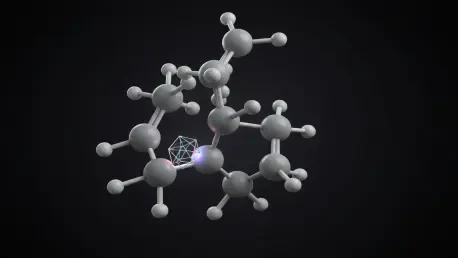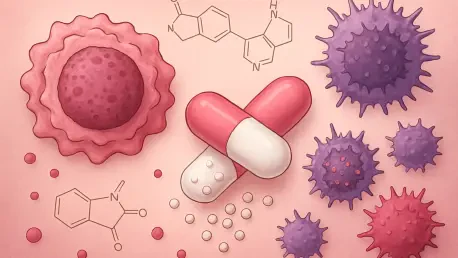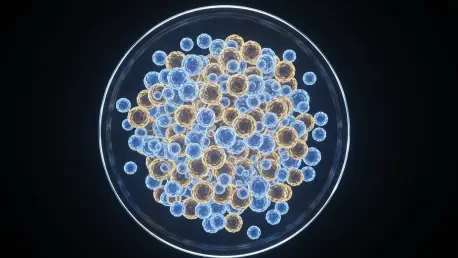
For individuals with compromised immune systems, such as those recovering from intensive cancer treatments, the common herpes simplex virus can transform from a manageable nuisance into a severe, life-threatening adversary. The clinical challenge intensifies dramatically when the virus evolves

The immune system's most sophisticated soldiers, B cells programmed for a single mission, are now understood to possess a startling ability to shed their identity and revert to a dangerously flexible state. Groundbreaking research has unveiled a surprising twist in cellular biology, demonstrating

For patients diagnosed with acute myeloid leukemia, a notoriously aggressive blood cancer, the current standard of care initially offers a powerful ray of hope, but this victory is often fleeting as the treatment almost always fails when the cancer learns to outsmart it. This life-saving therapy

For patients diagnosed with the notoriously aggressive small cell lung cancer, the initial success of treatment often conceals a brutal truth about the formidable battle that lies ahead. This particular form of lung cancer presents one of modern oncology's most persistent and heartbreaking

A new multi-million-dollar investment is poised to reshape the landscape of cancer research by focusing intensely on the unique health challenges faced by the communities of South Texas. The Cancer Prevention Research Institute of Texas (CPRIT) has announced a significant financial commitment of

Within the burgeoning field of regenerative medicine, the value of umbilical cord blood as a potent and ethically sound source of life-saving stem cells is universally recognized, offering transformative treatments for a spectrum of conditions from genetic disorders to hematologic cancers. The